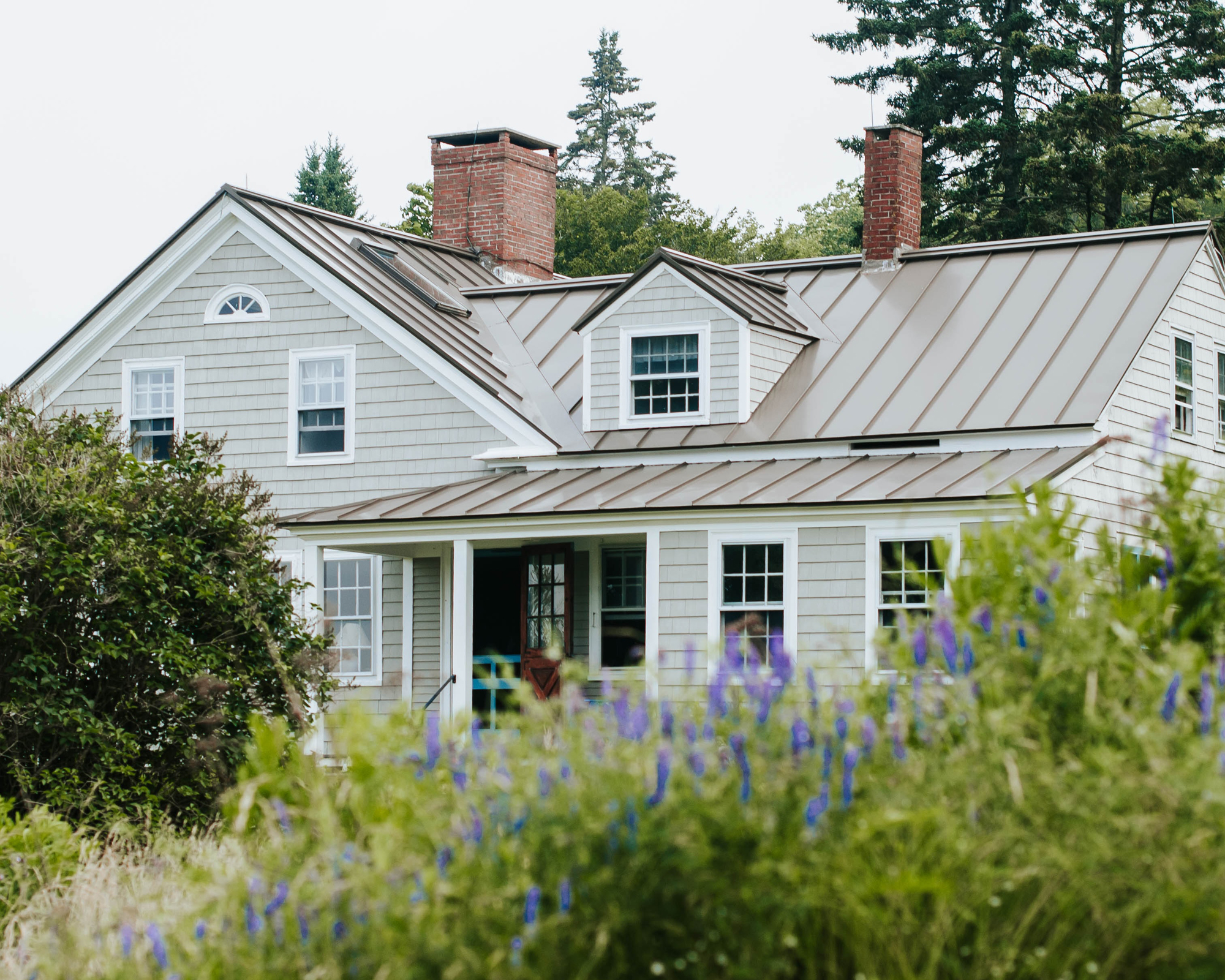In a bidding war? Here's how to win, according to an expert
If you're not the only one interested in a house, what's the best way to proceed? A real estate expert advises

Multiple offers on a house can create a high-intensity situation, just as you think you've finally found the property of your dreams. With house prices rising but the number of new homes listed for sale shrinking, the housing market is a seller's market.
Multiple offers are becoming commonplace in most segments of the property market. This is frustrating for potential buyers who are not only competing simply to get a home under contract but can also find themselves in a situation where they have to bring extra cash to closing due to low appraisals that simply haven’t caught up with the market yet.
So how can home buyers protect themselves during a multiple offer situation? We've asked Christian Adams, former real estate broker, and now CEO & Co-Founder at Repair Pricer, for his expert advice on navigating a bidding war and, hopefully, coming out ahead.
Don't be deterred by competition – put in the offer anyway

Is it worth persevering with a property that has multiple offers or is it best to walk away? Christian is adamant that it's always best to give it a shot: 'It costs nothing to make an offer, but it could cost you everything if you don’t. Even if you don’t think you have a shot, it’s best to make the offer and make it clear that you are serious about purchasing that specific home.'
You'll be surprised how fast-changing the situation around a house can be, he adds. 'In markets where multiple offers are common, buyers (especially investors) will often place offers on multiple properties and actually walk away from executed contracts when they find a better option, which leaves the property available for another buyer.
If you really love the home, it’s important to make it clear that if your offer isn't winner, you are also willing to be a “back up buyer” should the winning offer fall through, and if your state law allows, make arrangements so that your offer becomes an executed contract if this happens.'
Remember: cash is king, but you may have other things to offer

Of course, if you really want to get ahead of the game on a specific property, especially one in a highly competitive area, nothing beats making a cash offer. Amazingly, you don't always have to actually have the cash yourself, Christian explains: 'It’s always been the case that cash is king, and if you’re looking to purchase in an extremely competitive market, buyers should be aware that there are now mortgage companies and platforms operating that allow you to make a cash offer that converts to financing after closing.' Both hard money and private lenders, as well as startups like Ribbon can help buyers turn their offers into cash.
Get small space home decor ideas, celeb inspiration, DIY tips and more, straight to your inbox!
'The major benefit to a cash offer is that it removes any contingencies from the contract such as a financing contingency or the buyer qualifying through the sale of their current home, and allows you to compete on an even playing field with cash investors and buyers.'
If you don't qualify to become a cash buyer, however, the key is strong communication with your agent 'to discover what is important [to the seller], aside from the final sales price.'
'Does the seller need a leaseback or long closing period? Would they rather sell all their furniture and just leave the house as-is? Do they want a buyer who will appreciate the house for what it is and not tear it down to build a McMansion?'
'You’ll be surprised that what really swings offers in buyers’ directions is the small stuff that no one bothers to ask about. An extra few thousand may not be important to a seller who’s poured 10 years of their life into restoring a property, and simply wants it to be preserved and appreciated by the right buyer.'
It's becoming common practice to include a note with your offer, especially in a multiple-offer situation, that introduces yourself and your family, explains why you love the property, and how you plan to enjoy it once you move in. Remember, selling a home is an emotional process, and creating a connection with the seller can only help your cause.
Communicate clearly – and put things in writing.
For many people, it's the fear of confrontation or simply not knowing how to negotiate that prevents them from even attempting to hold their own in a multiple offer situation. Don't be afraid, urges Christian, and keep a cool head – and a solid written record of everything.
'Anything substantive should always be disclosed in writing (emails are fine), and this is especially important in tense situations such as those involving multiple offers. Make your intentions clear, and make sure any instructions are worded clearly and concisely.'
- Get more advice on how to buy a house in our guide
Anna is a professional writer with many years of experience. She has a passion for contemporary home decor and gardening. She covers a range of topics, from practical advice to interior and garden design.